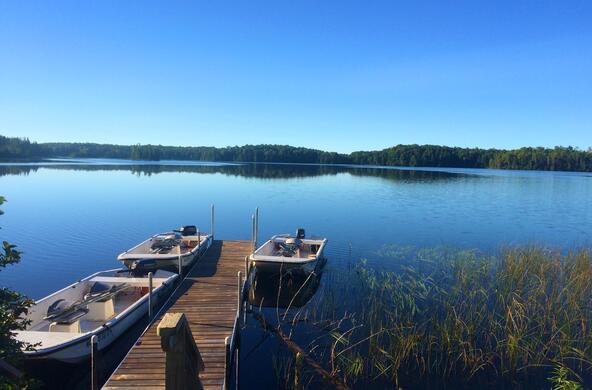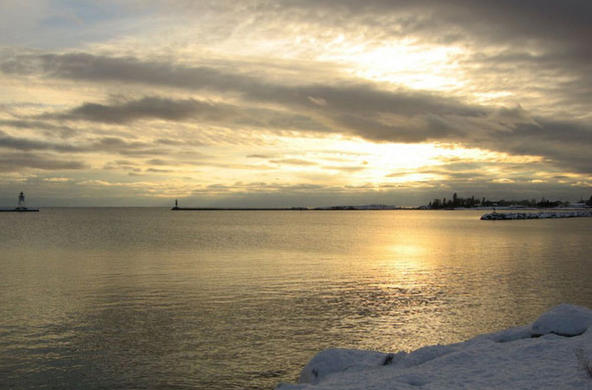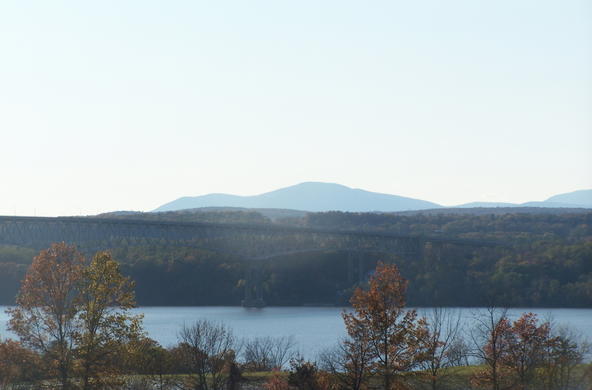Millbrook, NY – On October 10th-14th, more than a hundred scientists from twenty-four countries will meet at Lake Sunapee to discuss freshwater lakes and reservoirs, including what can be done to keep them healthy in the face of population growth and competing demands. The meeting is being organized by the Global Lake Ecological Observatory Network (GLEON), a grassroots group of limnologists, ecologists, information technology experts, and engineers who are building a network of lake observatories.

Lake Sunapee’s monitoring buoy is part of the GLEON network, a global effort to record environmental conditions in freshwater lakes. Continuous recordings on parameters such as temperature and oxygen are taken year-round.
Conference chair Dr. Kathleen C. Weathers, a scientist at the Cary Institute of Ecosystem Studies in Millbrook, New York, comments, “From pollution and development to managing fisheries–society puts a lot of pressure on freshwaters. Yet we depend on lakes and reservoirs for drinking water, recreation, and other services. GLEON is working across disciplines and continents to advance a better understanding of how these ecosystems function, so we can preserve and protect them now and for future generations.”
Lake Sunapee is home to one of the thirty monitoring buoys that are at the heart of the GLEON network. Others are deployed across the globe, including sites in Sweden, France, Ireland, Estonia, Canada, Taiwan, China, Brazil, Israel, and Australia. These high-tech instruments record and transmit data, 24/7, about lake and reservoir conditions, such as temperature and oxygen levels. This information helps scientists and managers understand and respond to variables such as flooding, development, and introduced species.
Weathers, who is also a co-chair of GLEON notes, “GLEON consists of some 300 scientists and citizens who interpret, analyze, and compare data generated by a global network of buoys. Our goal is to understand challenges in lake and reservoir management, particularly maintaining water quality in the face of accelerating development.”
The 13th GLEON conference is being hosted by the Lake Sunapee Protective Association (LSPA) and the Cary Institute of Ecosystem Studies. LSPA is a model for citizen involvement in advancing lake science; Weathers and Cary Institute scientists have played an active role in shaping GLEON since its inception in 2006. Prior GLEON meetings have been held in Israel, Brazil, and China.

Portions of the conference are open to the public; they will take place at the Mount Sunapee Resort in Newbury, New Hampshire. On Oct. 11 from 5-6:30PM, scientists will be available to discuss their research posters. On Oct. 12 at 7PM Dr. Justin Brookes of the University of Adelaide will address the global water crisis. Following his lecture, a panel of international scientists will review critical water quality issues, what scientists are doing, and how citizens can become involved.
For more information, contact Kathleen Weathers or June Fichter at (603) 763-2210. The conference agenda can be viewed online and, additional information on the GLEON network can be found at: www.gleon.org. Funding for the conference was provided by the National Science Foundation, the Gordon and Betty Moore Foundation, and the Lake Sunapee Protective Association.






